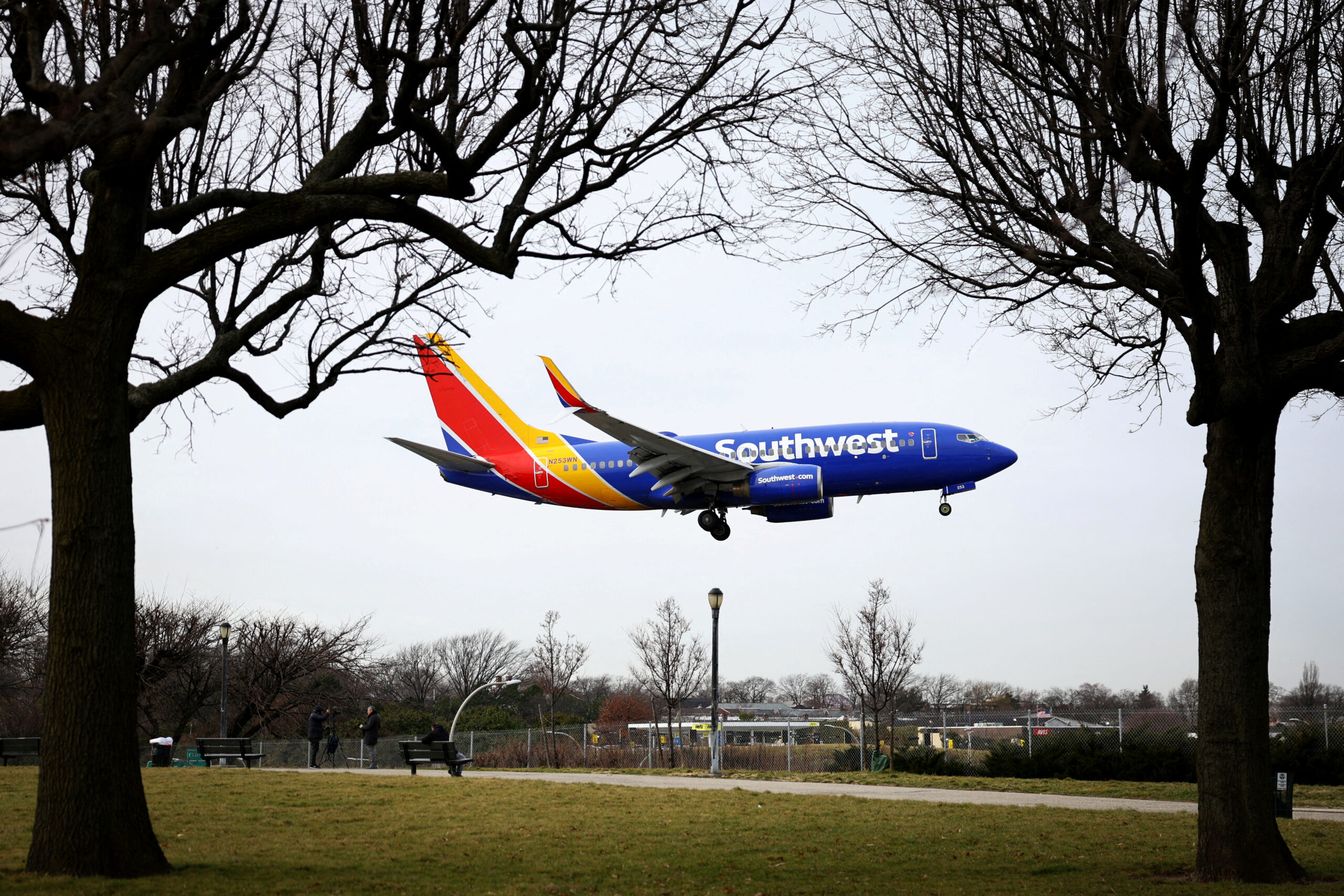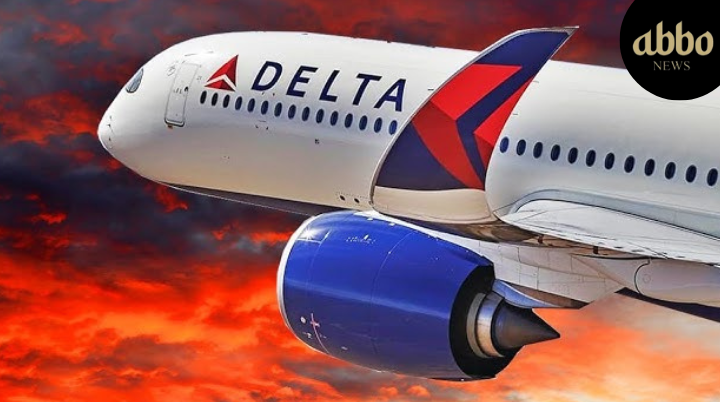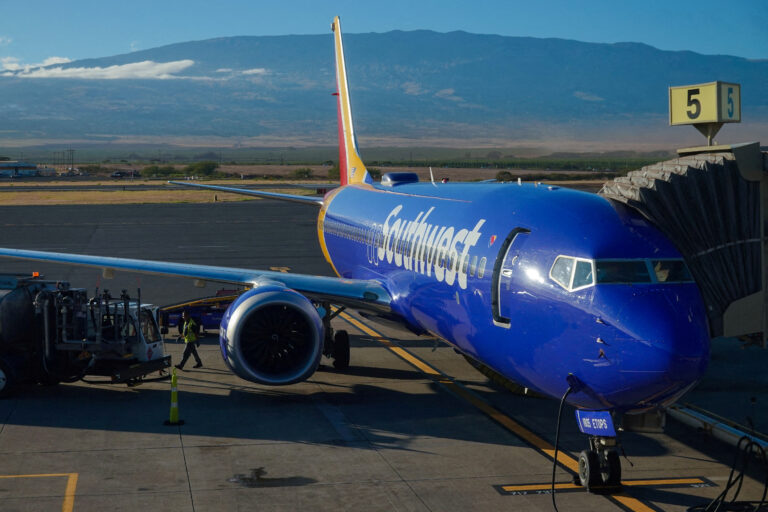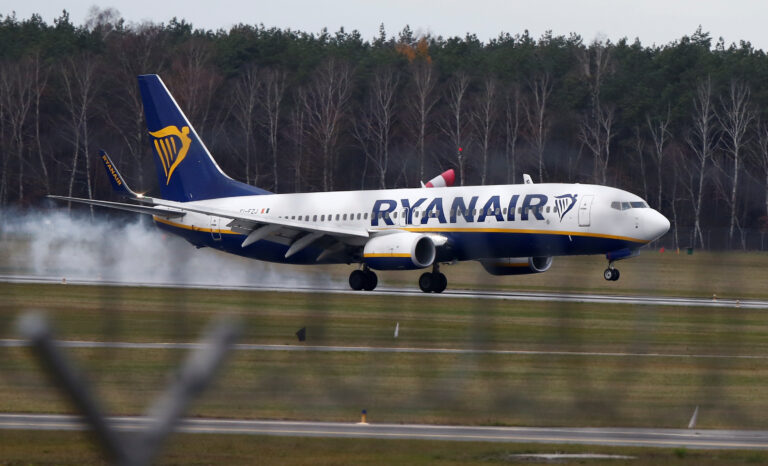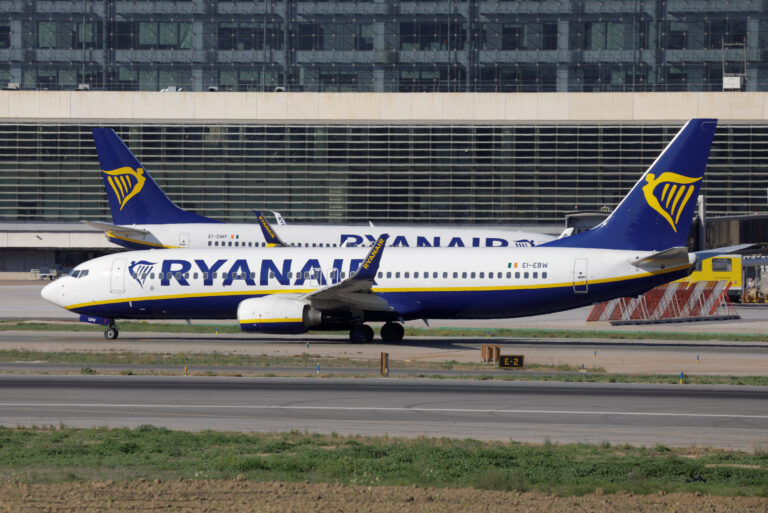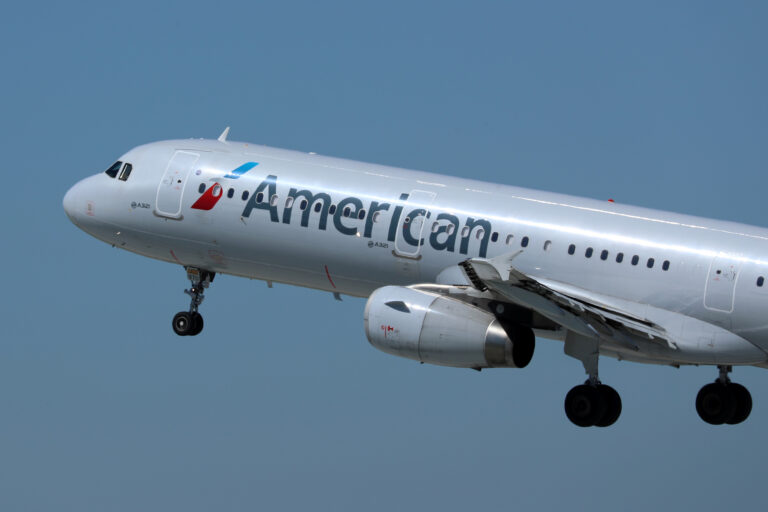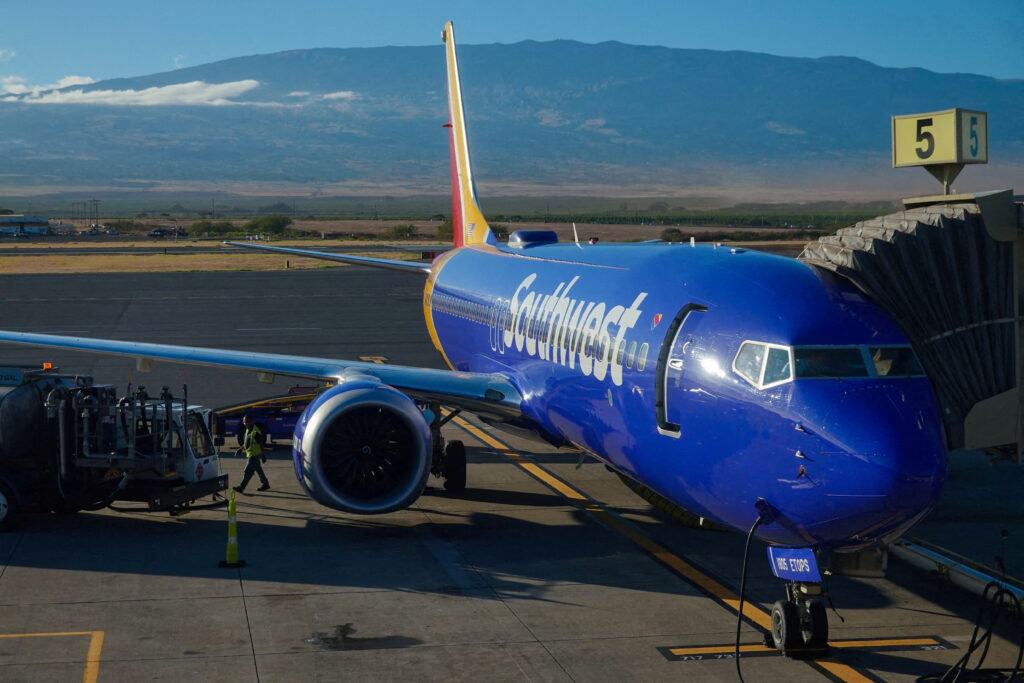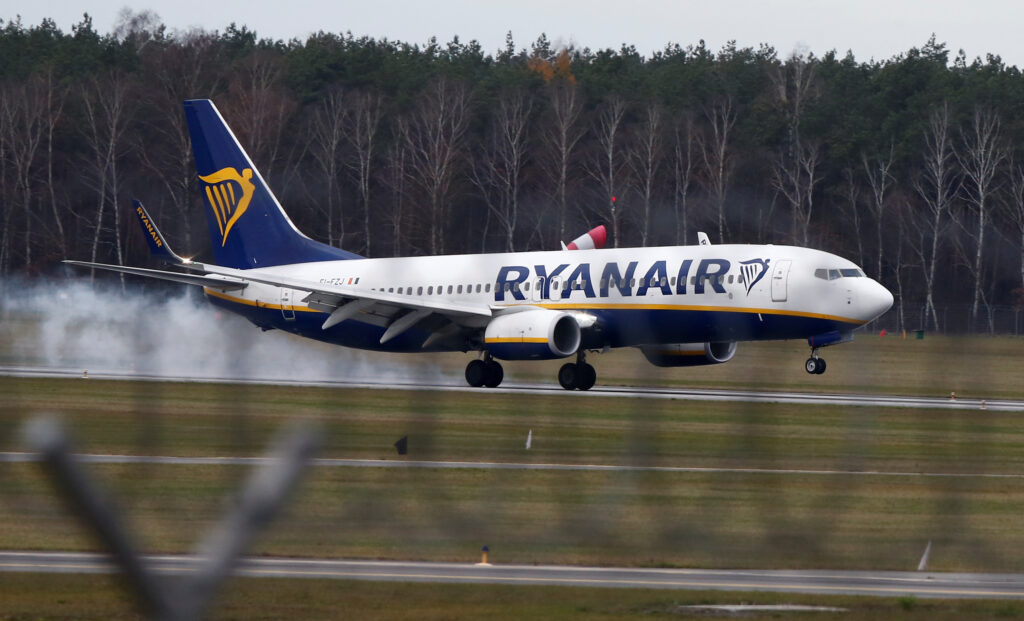The Federal Aviation Administration (FAA) said Saturday it is investigating a Southwest Airlines (NYSE: LUV) flight after it flew at a very low altitude over Tampa Bay, Florida, the most recent in a series of incidents raising safety questions.
The July 14 flight by a Southwest Boeing 737 MAX that had departed from Columbus, Ohio, was approximately 3 miles (5 km) from the Tampa airport when it dropped to as low as about 175 feet (53 meters), according to Flightradar24 data. An air traffic controller alerted the crew of Southwest Flight 425 to their low altitude and the plane was diverted to Fort Lauderdale.
Southwest Airlines (NYSE: LUV) said Saturday is in contact with the FAA “to understand and address any irregularities” following the July 14 flight. “Nothing is more important to Southwest than the safety of our customers and employees,” the airline added.
This was the latest in a string of Southwest flights that have raised safety concerns, including a Southwest 737 flight in April that came within about 400 feet (122 meters) of the ocean off Hawaii after the first officer inadvertently pushed forward on the control column and the plane hit a maximum descent rate of about 4,400 feet per minute.
The FAA is also investigating another very low-altitude Southwest flight about 9 miles (14.5 km) from the Oklahoma City airport. The June 19 incident involving Southwest Airlines Flight 4069 that had departed from Las Vegas dropped to about 500 feet. After an alert sounded, an air traffic controller alerted the flight crew.
The U.S. National Transportation Safety Board and FAA are also investigating a Southwest 737 MAX flight on May 25 that experienced a “Dutch roll” at 34,000 feet while en route from Phoenix, Arizona, to Oakland, California. Such lateral asymmetric movements are named after a Dutch ice skating technique and can pose serious safety risks.
The FAA is also investigating a June 25 Southwest flight that departed from a closed runway in Portland, Maine.
(Source: ReutersReuters)
